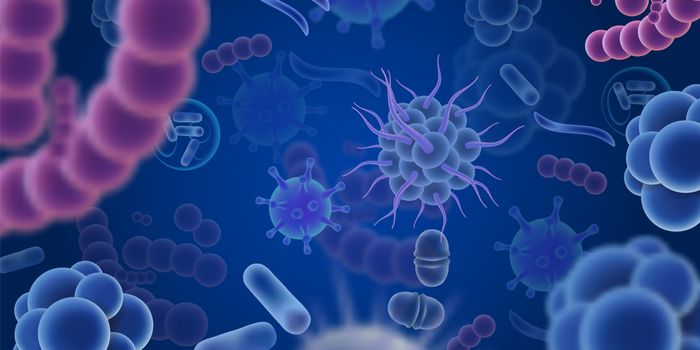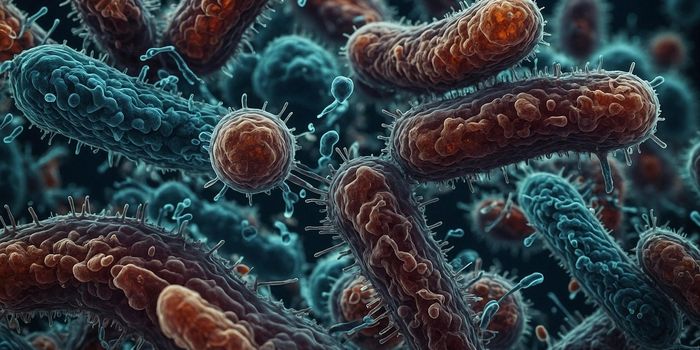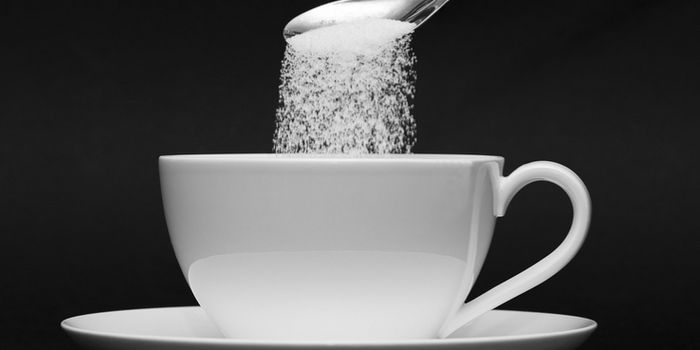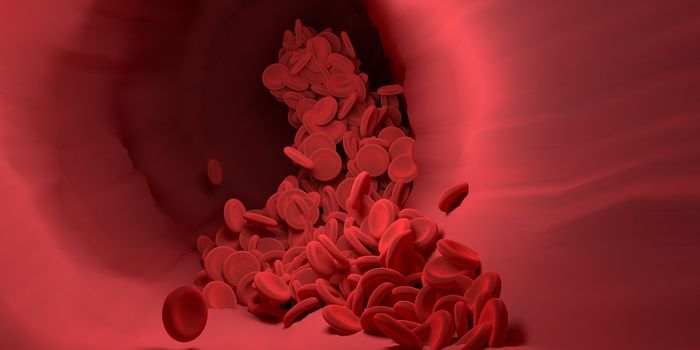Does Lactate Explain Why Exercise Can Relieve Depression?
Depression is one of the most common mental disorders and a frequent cause of disability around the world, impacting an estimated 264 million people. Many different drugs have been developed to treat depression over the years, with varying degrees of success depending on the patient. Some clinicians and researchers have found that there are some natural remedies that can help relieve depression in some people too, like spending more time in nature or getting more physical activity.
Scientists have now identified a potential mechanism underlying the antidepressant effect of exercise. Lactate, which is generated by muscles during exercise, was once thought of as a waste product with little benefit, but that view is changing dramatically. It's now thought to be important to neurons in the brain. Lactate can also apparently prevent the inhibition of growth and survival among new neurons, suggests a new study. That neuronal inhibition has been seen in animal models and in depression patients. When lactate is metabolized, it leads to the production of a molecule called NADH, which plays a critical role in this process. The findings have been reported in Molecular Psychiatry.
This work may help improve treatments for this disease. "Around 30 percent of people with depression don't respond to antidepressants," said study co-director Jean-Luc Martin, a senior lecturer and researcher at Lausanne University Hospital (CHUV) and Lausanne University (UNIL). The molecular mechanisms that are involved in the antidepressant impact of exercise are little understood, however.
Previous research by Martin's lab has focused on lactate. The research team found, for example, that when a mouse model was treated with lactate, it had an antidepressant effect that was comparable to what was seen from exercise. "Lactate decreases anhedonia in particular, one of the main symptoms of depression, which involves losing interest or pleasure in all those activities which, prior to depression, were considered enjoyable," added Martin.
The scientists also found that lactate was involved in neurogenesis in the hippocampus of adults. "Adult neurogenesis is the term used for the production of new neurons in adulthood from brain stem cells," explained Martin. "Its core purpose is to replace neurons, and it's known to be impaired in depressive patients, when it contributes to the reduction in the volume of the hippocampus observed in some individuals."
Lactate was shown to restore neurogenesis and reduce behaviors associated with depression in mice. When neurogenesis was prevented, lactate no longer had that effect, suggesting the two things are closely connected. Next, the researchers wanted to know how lactate had this impact.
It's well known that when food is eaten, the glucose in it gets broken down to lactate, which is then oxidized to pyruvate. "We logically tested pyruvate on neurogenesis, without success. So, we said to ourselves that the answer had to be found in the conversion of lactate to pyruvate," explained lead study investigator Anthony Carrard, a biologist at CHUV's Centre for Psychiatric Neurosciences (CNP).
When lactate is converted to pyruvate, cells generate NADH, which has potential as an antioxidant.
"It's NADH and its antioxidant properties that protect neurogenesis during a depressive episode - or at least during a modeling of some of these symptoms in animals," added Carrard. "This mechanism could explain the link between sport and depression, understanding that further experiments are still needed to demonstrate it. Importantly, it offers potential targets for devising future treatments. To do this, we're first going to identify the proteins on which the NADH factor acts."
Sources: AAAS/Eurekalert! via National Center of Competence in Research Synapsy, Molecular Psychiatry









